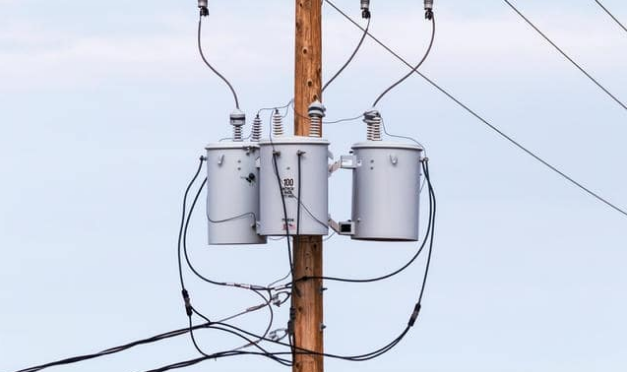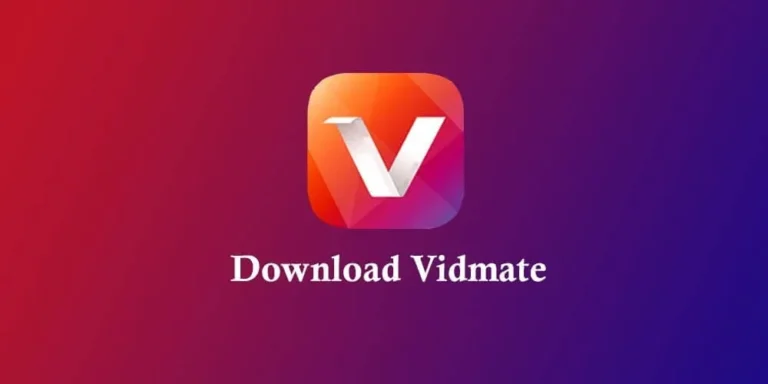
Are you tired of the hassle of DCAA timekeeping rules for your business?
Do you want an easier way to handle it and save time? Technology can help. When it comes to following DCAA timekeeping rules, technology makes things much simpler.
Let’s explore how technology can improve your DCAA timekeeping requirements and help you stay compliant with ease.
1. Implement Automated Time Tracking Systems
Automated time tracking systems take the guesswork out of record-keeping. With real-time tracking, employees can log hours quickly and accurately from various devices.
These systems often come equipped with features that reduce errors, such as the following:
- automatic calculation of overtime
- holidays
- and special projects
2. Utilize Cloud-Based Solutions
Cloud technology allows for greater flexibility in managing DCAA timekeeping requirements. By utilizing cloud-based solutions, team members can access timekeeping data from any location at any time.
This is particularly beneficial for remote teams or organizations with multiple offices. Moreover, cloud solutions often include advanced security features that ensure sensitive data remains protected, adhering to DCAA compliance.
3. Integration with Project Management Tools
Integrating timekeeping systems with project management tools can offer a seamless experience. This integration allows managers to monitor time spent on specific projects easily, ensuring that all hours billed are done so accurately.
As a result, businesses can provide detailed reports that align with DCAA standards. This can demonstrate compliance during audits.
4. Simplified Reporting Features
Technological advancements have made reporting more straightforward. Many timekeeping solutions come with predefined templates and customizable reporting features that make it easy to generate essential documents.
These reports can be automatically formatted according to DCAA guidelines. This means the following:
- less manual effort
- and increased precision in compliance reporting
5. Mobile Applications for Time Entry
In today’s fast-paced work environment, mobile applications play a crucial role in ensuring timely time entry. Employees can log hours directly from their smartphones or tablets.
This makes it far easier to record time instead of waiting until the end of the day. This rapid entry not only boosts accuracy but also improves compliance by ensuring timely submissions.
6. User Training and Support Resources
Training employees on DCAA timekeeping requirements is vital, yet it’s a task made simpler with technology. Many software solutions provide extensive resources, including:
- video tutorials
- and user forums
These tools help staff understand DCAA-compliant requirements and how to fulfill them effectively. Additionally, having access to dedicated support can resolve any issues promptly, maintaining compliance.
7. Regular Updates to Stay Compliant
Keeping up with changes to DCAA regulations can be a daunting task. Many technology providers ensure their software is regularly updated to reflect any changes in compliance requirements.
This takes the burden off businesses, as they no longer need to worry about manually staying informed of evolving regulations. In turn, this ensures that they remain DCAA compliant.
8. Audit Preparedness Features
Some advanced timekeeping systems come with built-in audit preparedness features. These functions allow companies to conduct internal audits regularly.
It helps them identify any discrepancies or issues before external audits take place. By being proactive and addressing potential problems early, organizations can greatly do the following:
- mitigate the risk of non-compliance
- and ensure a smoother audit process
9. Enhanced Security Measures
Data security is paramount when dealing with DCAA timekeeping requirements. Many modern timekeeping solutions offer enhanced security measures to protect the following:
- sensitive employee
- and project data
Features such as encryption and multi-factor authentication help prevent the following:
- data breaches
- and unauthorized access
Ensuring that timekeeping systems are secure not only keeps company information safe but also aligns with compliance requirements.
Understanding the Basics of DCAA Timekeeping
DCAA (Defense Contract Audit Agency) timekeeping is a crucial process for government contractors. It ensures that employees working on a government contract are accurately reporting their time and that the company is being compensated appropriately. There are important things to know about DCAA timekeeping.
1. Importance of Accurate Timekeeping
Accurate timekeeping is crucial not only for compliance but also for effective contractor time management. The DCAA requires detailed tracking of employee hours worked on government contracts. Inaccurate timekeeping can result in the following:
- underbilled projects
- and lost revenue
According to the DCAA, improper timekeeping can lead to audit findings that may cost your organization significantly. A staggering audit nonconformances are attributed to inadequate timekeeping practices, underscoring the need for efficiency and effectiveness in this area.
2. Use of Technology for Timekeeping
Leveraging technology can enhance your compliance with DCAA timekeeping requirements. Many software solutions are available that not only help in accurate payroll tracking but also simplify compliance with DCAA standards. Automated systems can ensure that time entries are accurate and reduce administrative workload.
By adopting a cloud-based timekeeping solution, businesses can provide employees with an easy-to-use interface for entering their hours. These systems often integrate with payroll.
This enhances accuracy and enables seamless reporting. This also makes it easier to produce records during an audit.
3. Essential Elements of DCAA-Compliant Timekeeping Systems
A DCAA-compliant timekeeping system should have several critical features. These include:
- Integration with your payroll system
- User-friendly interfaces for employees
- Secure access to timekeeping data
- Real-time reporting capabilities
- Mobile accessibility for remote staff
When designing your timekeeping process, ensure it is adaptable to various project requirements while maintaining strict compliance standards. Employees should have clarity about how to report their hours, ensuring that all data is easily verifiable.
4. Documentation and Audit Preparedness
The DCAA expects thorough documentation to back up timekeeping entries. This documentation should include details about job roles, costs associated with labor, and supporting invoices. Having a comprehensive audit trail not only aids compliance. It also prevents the hassle associated with last-minute scrambles during audits.
Being audit-ready requires your team to keep records that explain how hours were tracked. For instance, having your employees understand the importance of maintaining a daily record can alleviate difficulties during audits. Training employees and creating guidelines for timekeeping can significantly improve your audit readiness.
Technology Can Streamline Your DCAA Timekeeping Requirements
Technology offers numerous benefits for simplifying DCAA timekeeping requirements. With automated tracking systems, streamlined approval processes, and real-time data accessibility, organizations can improve compliance, efficiency and accuracy. Don’t wait any longer to reap these advantages – embrace technology and enhance your DCAA timekeeping practices today.
Take the first step by exploring different software options tailored to your organization’s needs. Your journey to simplified and compliant DCAA timekeeping starts now.
Looking for more tips and advice? You’re in the right place! Make sure to bookmark our page and come back to check out more interesting articles.





